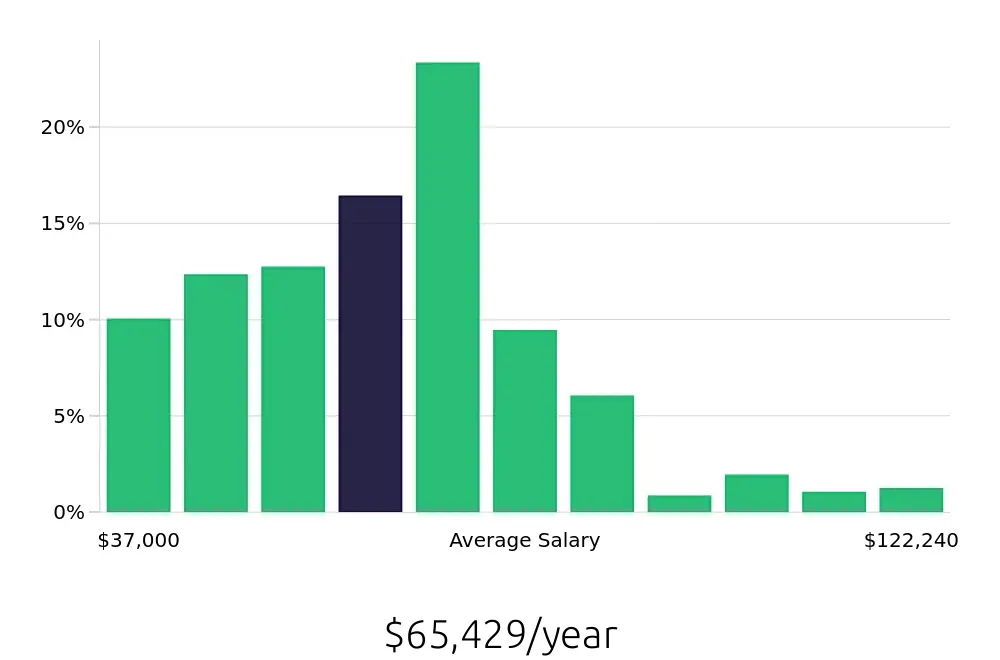Position
Overview
A Producer plays a vital role in the success of a project, whether it be a film, television show, music album, or event. They manage the entire production process from start to finish. This includes developing the initial concept, securing funding, coordinating schedules, and overseeing the day-to-day operations of the project. The Producer ensures that all aspects of production align with the vision and objectives of the project.
Key responsibilities of a Producer include:
Becoming a producer in the entertainment industry requires dedication and a clear path. It involves a blend of education, experience, and networking. Below are the steps to navigate this career successfully.
First, obtaining a relevant education is crucial. A degree in film, television, or a related field provides a strong foundation. Schools often offer courses in production techniques, scriptwriting, and media law.
Gaining experience is the next step. Work on film sets, in production offices, or with independent filmmakers. Internships and assistant roles help build a solid resume.
Creating a portfolio is essential. Include scripts, production plans, and any projects you worked on. A strong portfolio shows your skills to potential employers.
Networking is vital in the entertainment industry. Attend film festivals, industry panels, and other events. Joining organizations like the Producers Guild of America can provide valuable connections.
Staying informed about industry trends keeps you competitive. Follow news, attend workshops, and continue learning to improve your skills.
Pursuing a career as a Producer can take a varied amount of time, depending on one's background and goals. Most Producers start with a bachelor's degree in film, media, or a related field, which typically takes four years to complete. This degree provides the foundational knowledge in film production, storytelling, and media management.
After earning a degree, gaining practical experience is crucial. Many Producers begin their careers in entry-level roles, such as assistant producers or production assistants. These roles allow individuals to learn the industry's ins and outs, often requiring two to five years of experience. With dedication and a strong portfolio, the transition to a Producer role can be achieved within three to seven years post-degree. Networking and continuing education also play vital roles in accelerating career progression.
We are seeking a creative and dynamic Producer to join our team. The ideal candidate will be responsible for overseeing all aspects of production, ensuring projects are delivered on time and within budget. This role requires exceptional organizational skills, attention to detail, and the ability to manage multiple projects simultaneously.
Responsibilities:
Qualifications
Working as a producer offers a mix of creative and business skills. This role involves overseeing projects, managing teams, and ensuring deadlines are met. Producers often work in film, television, or music, coordinating between different departments. It's a job that combines creativity with organizational skills.
Being a producer comes with many opportunities and some challenges. Here are a few pros and cons to consider:
The job outlook for Producers is strong, with an average of 25,200 job positions opening each year. The Bureau of Labor Statistics (BLS) projects a positive growth rate of 5.6% from 2022 to 2032, indicating a favorable trend for those entering this field. This growth reflects a steady demand for skilled Producers across various industries, offering promising career opportunities for job seekers.
Producers enjoy a competitive average national annual compensation of $100,860, according to the BLS. This substantial salary reflects the value placed on the skills and responsibilities of Producers. Additionally, the average national hourly compensation is $48.49, showcasing the lucrative nature of this career path. Job seekers can anticipate both financial rewards and professional growth in this industry.
The combination of steady job growth, attractive compensation, and the essential role Producers play in various sectors makes this career path highly appealing. For those seeking a stable and rewarding job, the outlook for Producers presents numerous opportunities for advancement and financial success.
